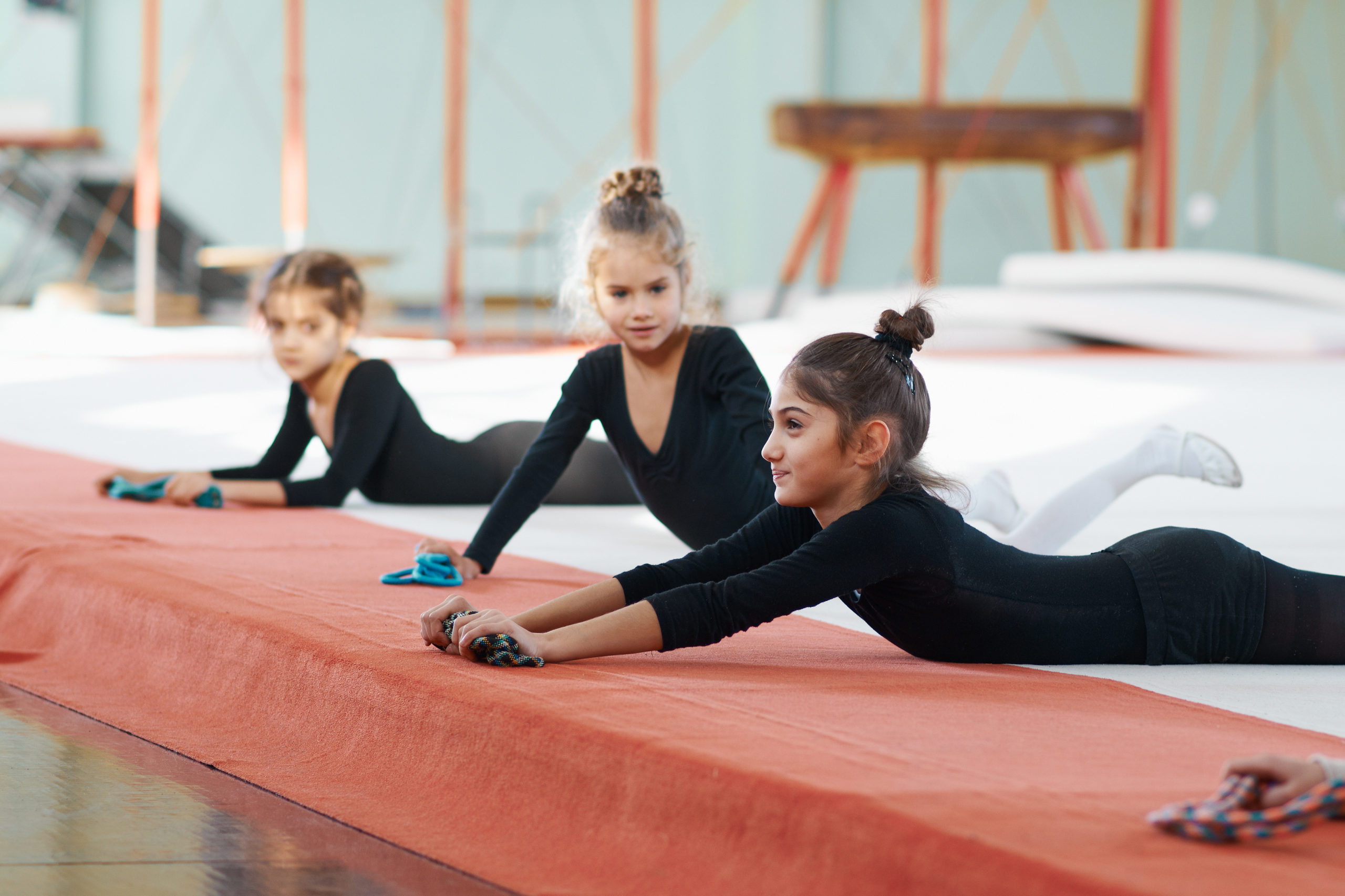How To Stop Comparing Yourself To Other Dancers
As dancers, we’ve all done it: you’re in a room, surrounded by mirrors, with others working towards the same performance goals. How can we not compare? Looking at the dancer across the room might motivate us to work harder so, technically, isn’t it a good thing?
The problem with the mirror game is when the comparisons involve more than just performance goals. With bodyweight, body shape, and eating behaviors often at the forefront of a dancer’s mind, it’s common to use the mirror as a tool for impractical comparisons that leave us feeling like we’re not enough. To better utilize your time in class, I’m breaking down 5 simple steps for you to take to stop the comparison game and instead, use the mirror as your best tool for learning.
Step 1: Identify The Trigger
Become aware of what you’re actually comparing. Is it his or her technique? Body shape or size? Perhaps it’s an opportunity like a casted role or maybe a behavior like one’s suspected “willpower” over certain foods. Specifying the one (or multiple) triggers that spews envy will help to break the emotional train that follows.
Step 2: Be Aware of the Negative Effects
Now that you’re identifying those triggers, consider the overall impact. Are you left feeling upset about your body? If so, you’ll want to build a positive relationship with your body STAT. Body image plays a major role in your confidence both on stage and throughout life. Are you envious of one’s seemingly “healthy” eating behaviors? Remember, “willpower” is only a temporary form of control and restrictive diets don’t work long term. Start building confidence in a balanced lifestyle (and snag my free workbook to start that process).
Step 3: Rewrite Your Mental Narrative
Now that you’re aware of the negative impact of your comparisons, it’s time to change your narrative. When working with dancers 1:1, I recommend that they start journaling as an opportunity for self-reflection and behavioral change. Here are 4 journaling exercises to start rewriting your mental narrative:
Ask yourself: Why am I giving [insert trigger here] so much weight?
If you’re thinking “I wish my [insert whatever you’re envious of here] was like that,” then start thinking “her (or his) [insert whatever you’re envious of here] is [insert descriptive adjective here], but mine is mine.” Realize that individuals are unique beings. This is an essential part for you to build confidence as a dancer.
Swap envy with support and simply give that person a compliment.
If your envy spews from social media, remember: social media allows us to create a curated highlight reel. In other words, we can never know someone’s life by just looking at pictures or videos.
Step 4: Express Gratitude
It’s easy to focus on minuscule events like casting lists, which can leave you feeling disappointed. This downward spiral can ultimately inhibit personal growth. As discussed previously, journaling exercises can help to build confidence through self-reflection. Here’s an example: List your triggers in column form and brainstorm 5 experiences and/or personal characteristics that you are currently grateful for.
Step 5: Find Inspiration Without Competition
As a fellow type-A perfectionist, I will not deny that I’m competitive in many aspects of life. Competition, however, can leave you exhausted and as a result, I’ve learned to replace my competitive nature with inspiration. Self-confidence is again your best tool for doing this. Knowing that you too can achieve a goal fuels your motivation for progress. However, make sure your goal is sustainable. Here are a few key articles to read before you set out towards those goals:
Defining A Healthy Body Weight
There you have it: my top 5 tips for stopping the comparisons. Leave a comment with your thoughts! I want to know which was most helpful and even if you have some more ideas. How will you replace those thoughts in class and stop the mirror game?

